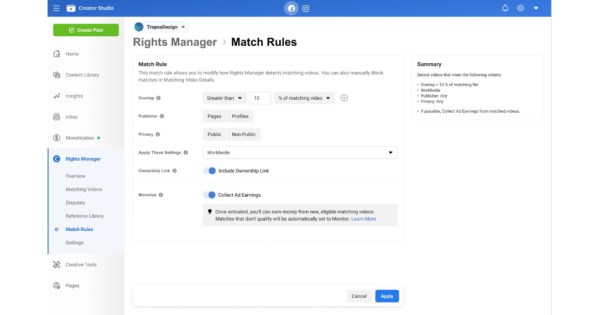This week, Arkham Intelligence reported that criminals allegedly stole $20 million worth of cryptocurrency from U.S. government wallets, including in USD Coin, Tether, aUSDC and Ethereum.
“We believe the attacker has already begun laundering the proceeds through suspicious addresses linked to a money laundering service,” Arkham Intelligence said earlier this week.
The U.S. government remains one of the largest holders of cryptocurrency, with some estimates placing the amount of government-held crypto at more than 1% of the total supply of bitcoin. Most of the government’s crypto holdings stem from seizures by law enforcement.
The U.S. government does not typically apprise the public about the size of its collection of bitcoin, but blockchain analytics firms regularly monitor crypto wallets believed to be linked to the government for transfers.
The government has seized bitcoin on several notable occasions, including the high-profile 2013 Silk Road case. During this operation, the authorities shut down the infamous drug marketplace and confiscated nearly 174,000 bitcoin, later amassing more than $1 billion in bitcoin holdings from the Silk Road.
However, the U.S. government also regularly sells bitcoin seized during criminal raids, with the majority of that cryptocurrency auctioned by the U.S. Marshals Service.
This year, former president Donald Trump pledged not to sell additional bitcoin held by the U.S. government at the Bitcoin 2024 conference in Nashville. “I am announcing that if I am elected, it will be the policy of my administration, the United States of America, to keep 100% of all the bitcoin the U.S. government currently holds or acquires into the future,” Trump said.
Trump’s plans nevertheless faced a major setback earlier this month, when the U.S. Supreme Court failed to hear a case on who owns over $4.3 billion in bitcoin related to the Silk Road case. The decision now paves the way for the Biden administration to potentially sell the bitcoin.










